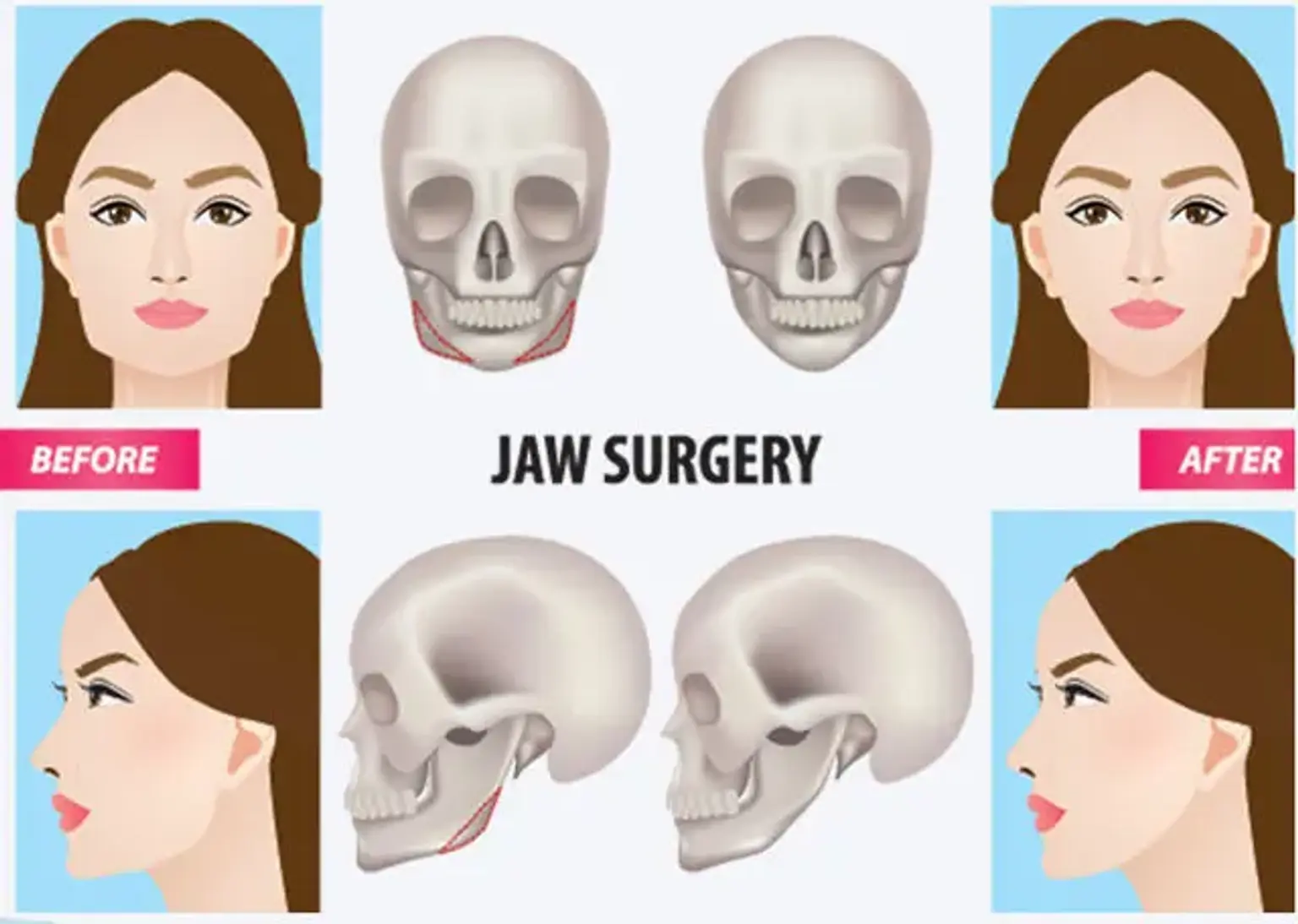Overview
Oral and maxillofacial surgery is a specialized field that focuses on diagnosing, treating, and correcting a range of conditions affecting the mouth, jaw, face, and neck. This branch of surgery covers everything from routine dental extractions to complex facial trauma reconstructions. Whether it’s for functional or aesthetic reasons, oral and maxillofacial surgery plays a crucial role in improving oral health and restoring facial appearance.
The most common procedures include wisdom teeth removal, dental implants, corrective jaw surgery, and facial trauma repair. These surgeries are performed by highly trained oral surgeons or maxillofacial surgeons, who undergo years of additional education and training beyond dental school.
Global Popularity and Demand for Oral and Maxillofacial Surgery
Oral and maxillofacial surgery has become increasingly popular worldwide due to advancements in dental health care and facial reconstruction techniques. With rising awareness of oral health, more people are seeking procedures like dental implants, corrective jaw surgery, and treatments for facial trauma or congenital conditions such as cleft lips and palates.
The demand for dental implants, in particular, has surged as more people opt for these permanent solutions to replace missing teeth. Similarly, corrective jaw surgery, also known as orthognathic surgery, has gained recognition for its ability to correct bite issues, improve facial appearance, and enhance overall functionality. Additionally, facial trauma surgery continues to evolve, using advanced imaging and 3D technologies to ensure precise, minimally invasive treatments.
